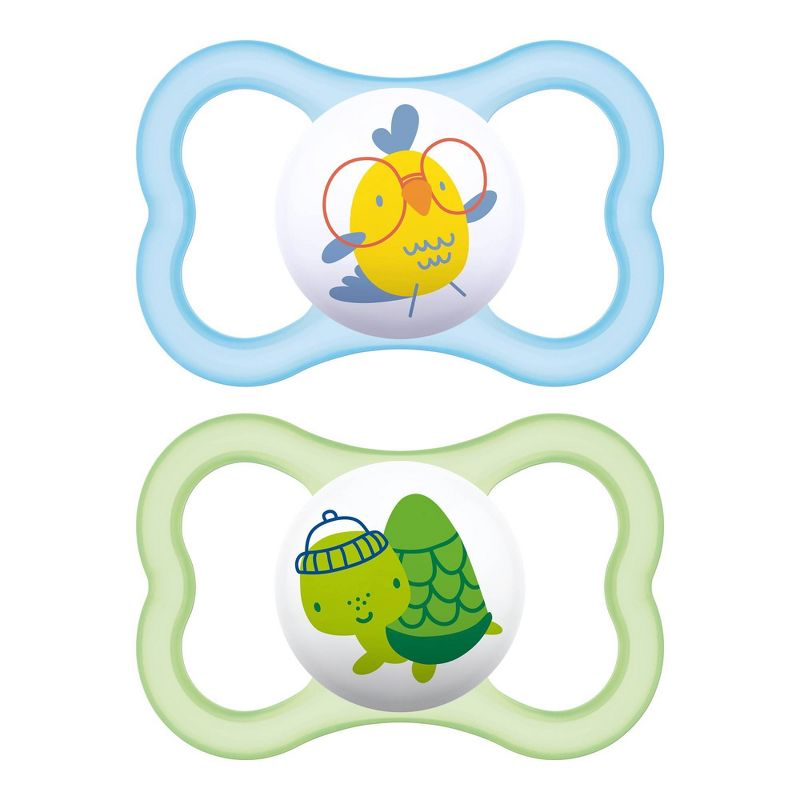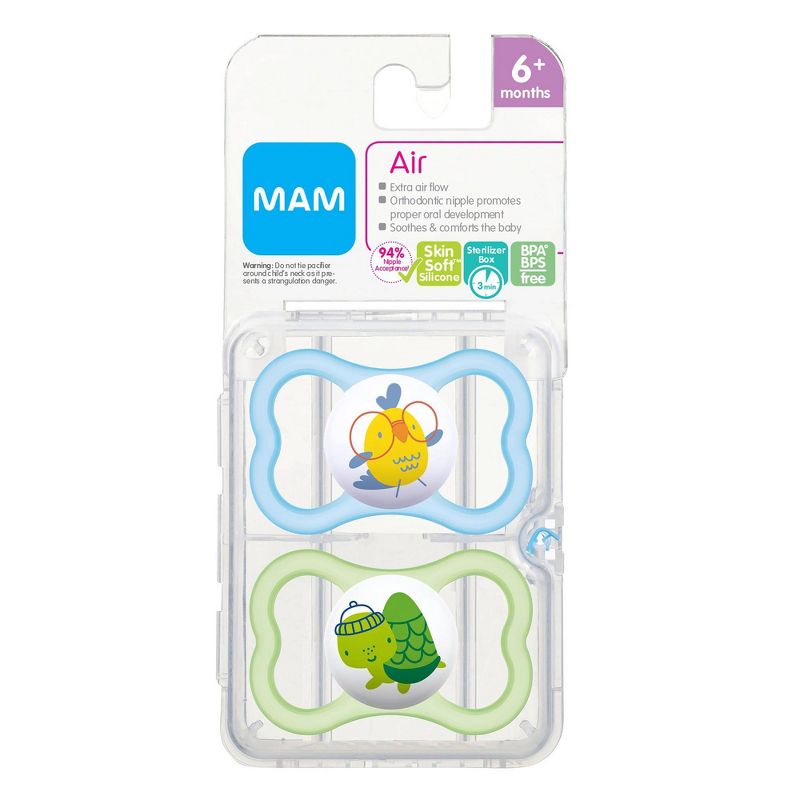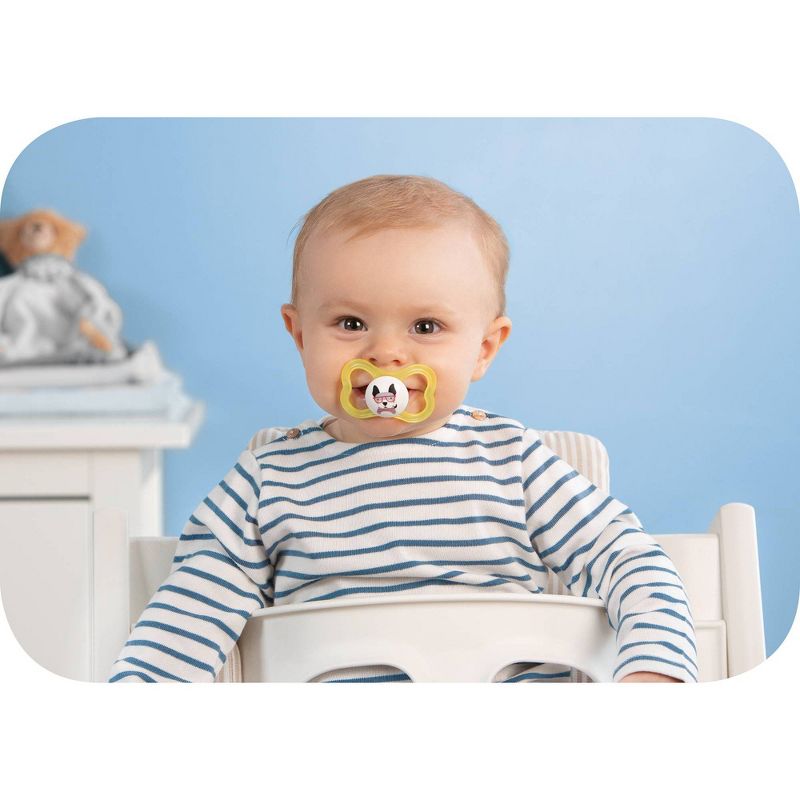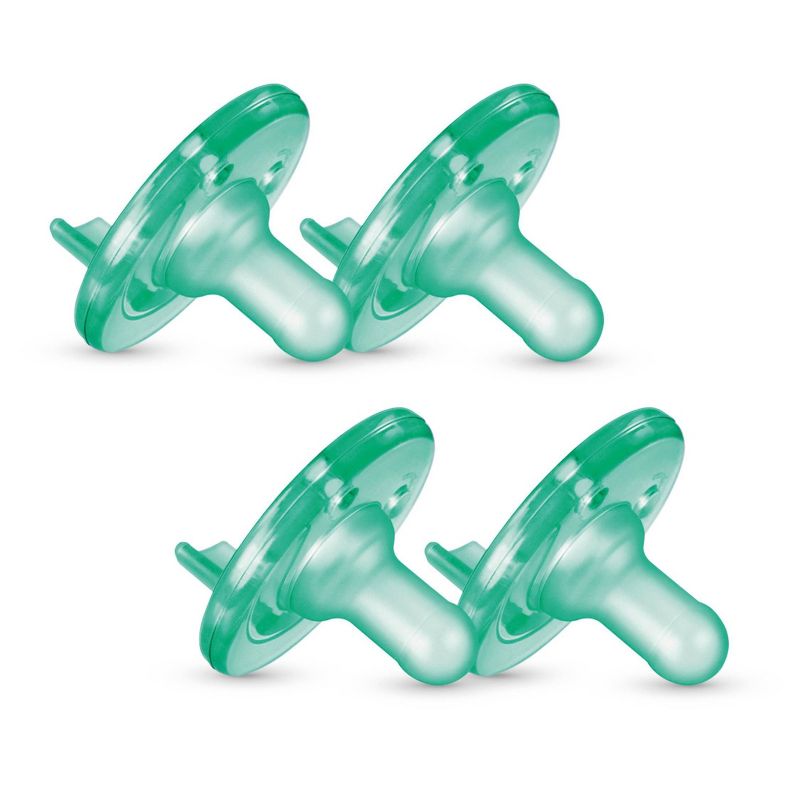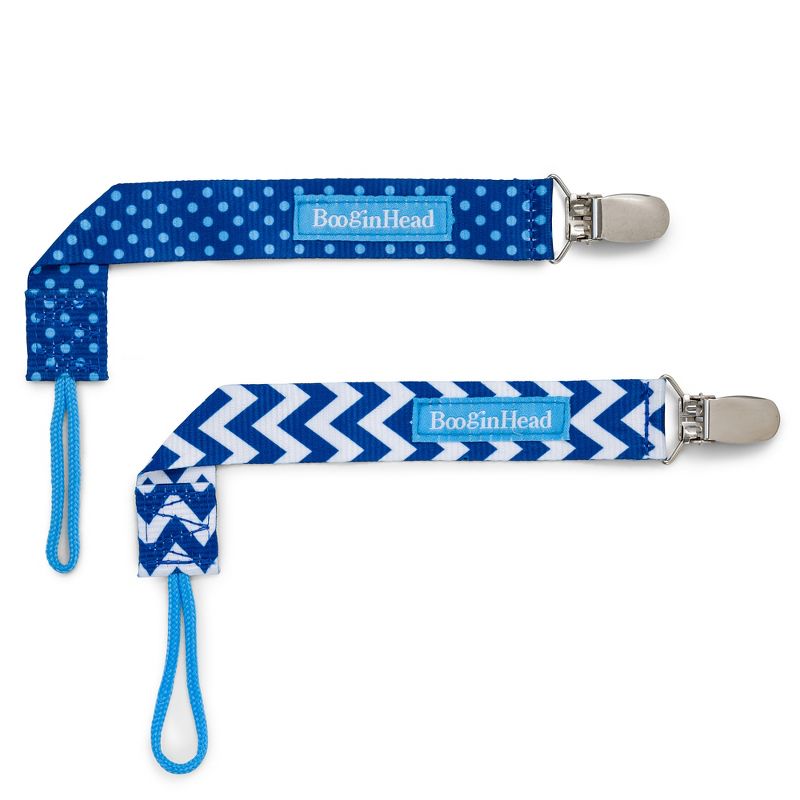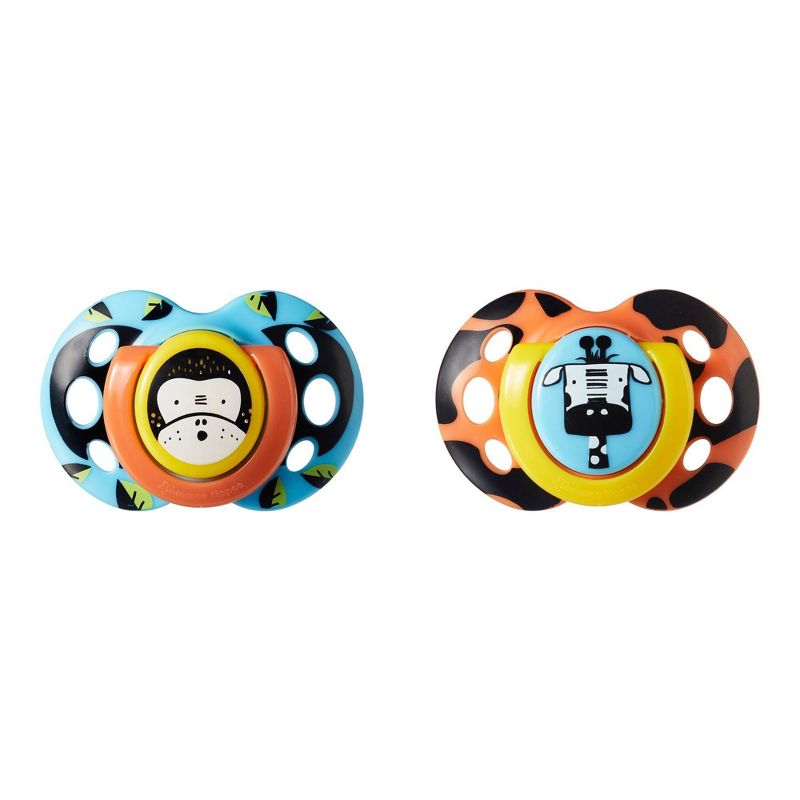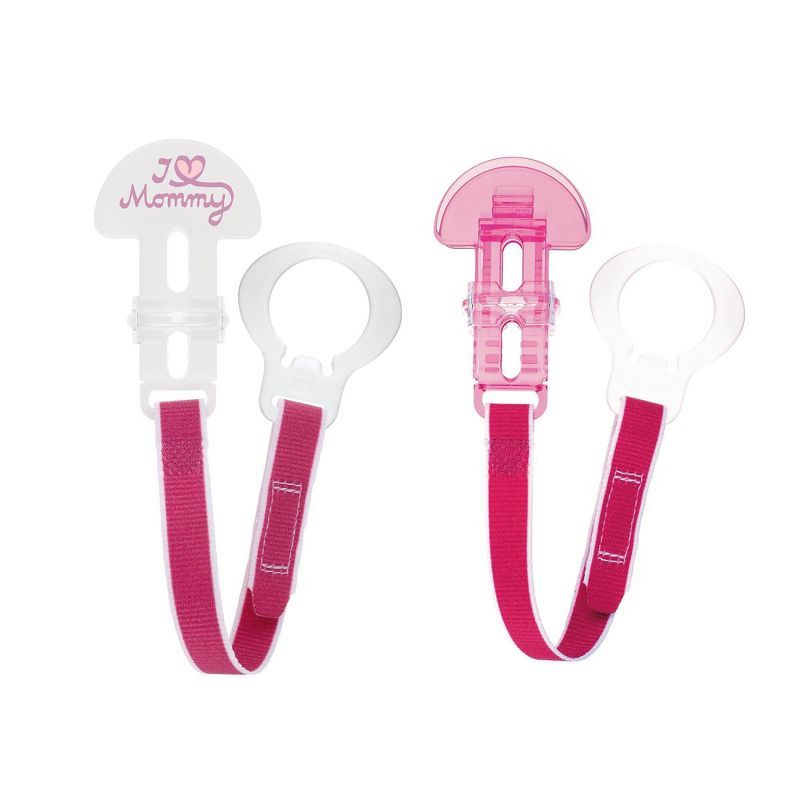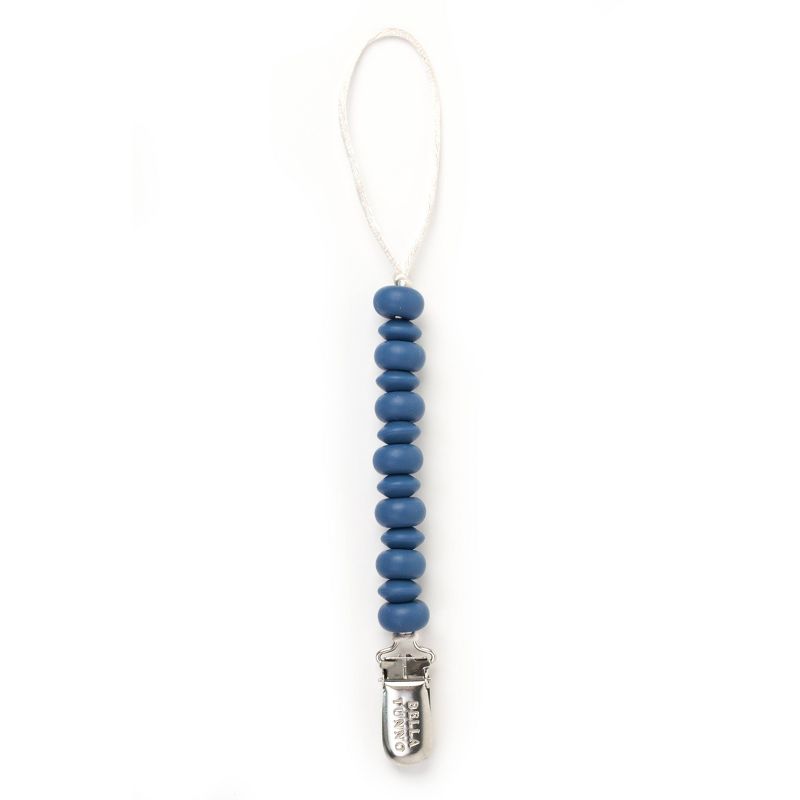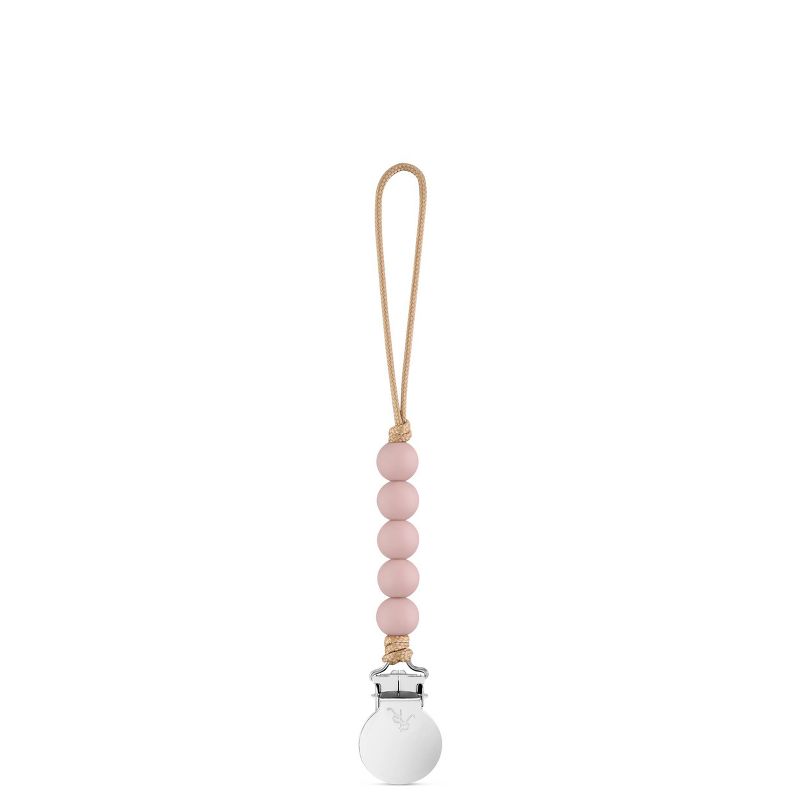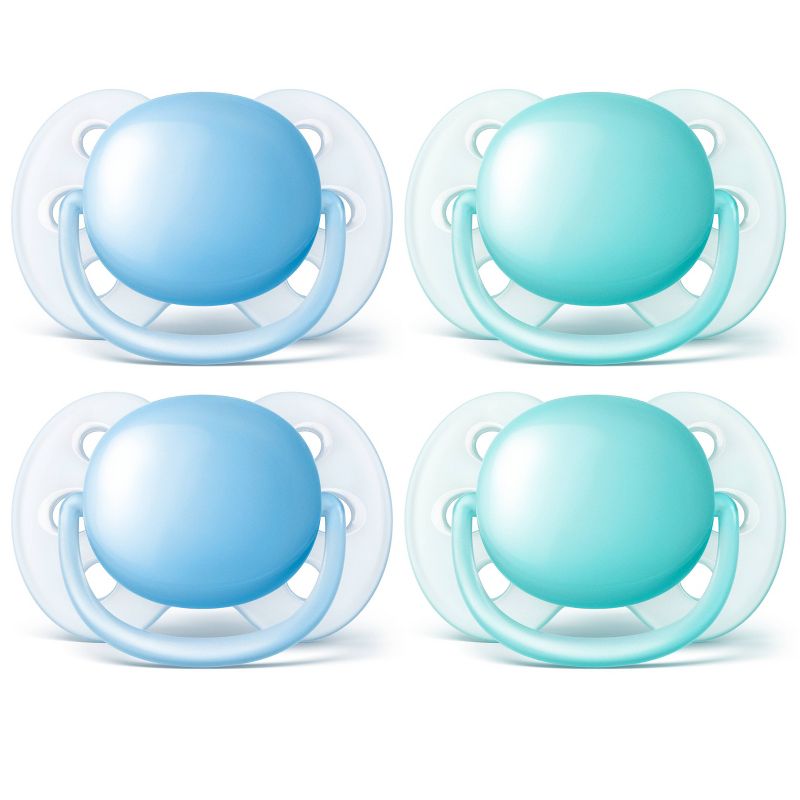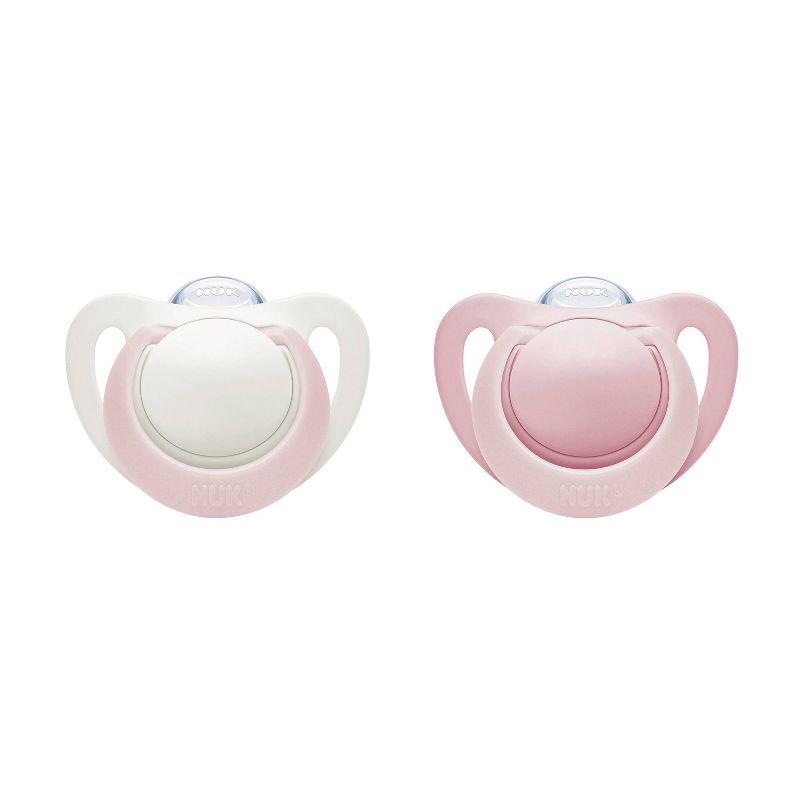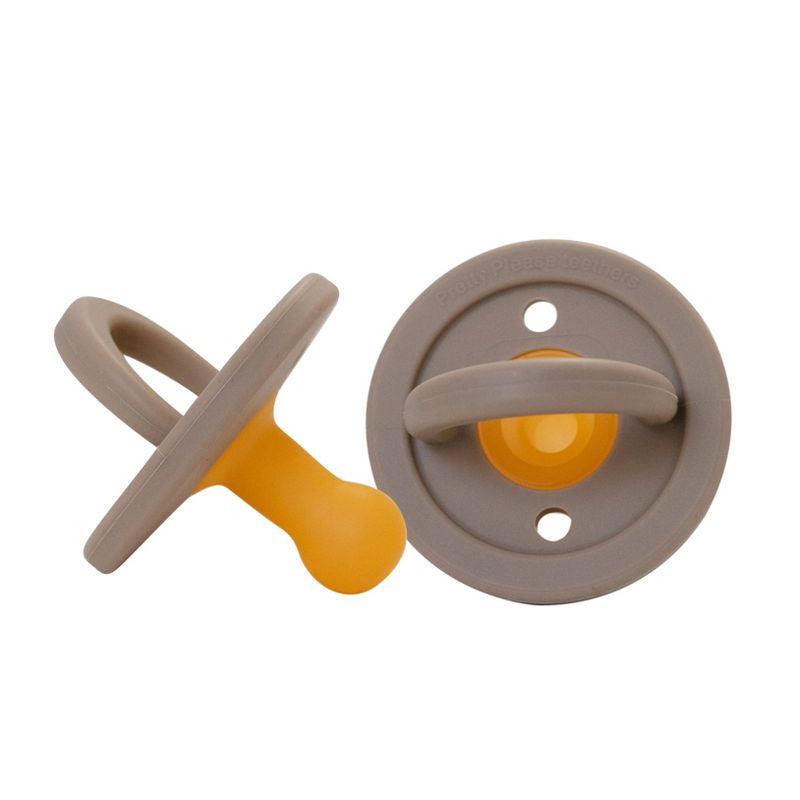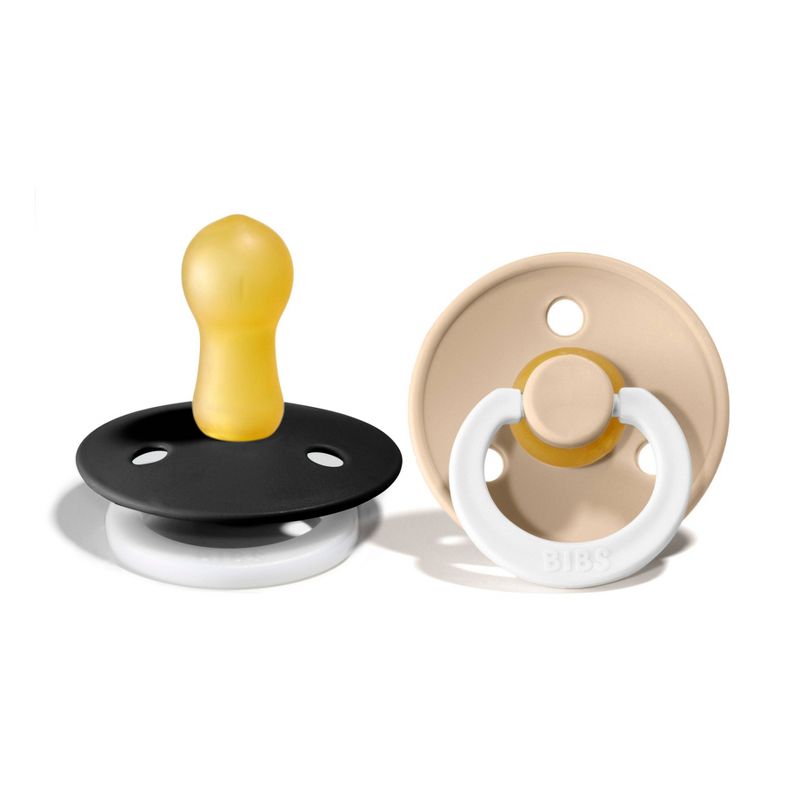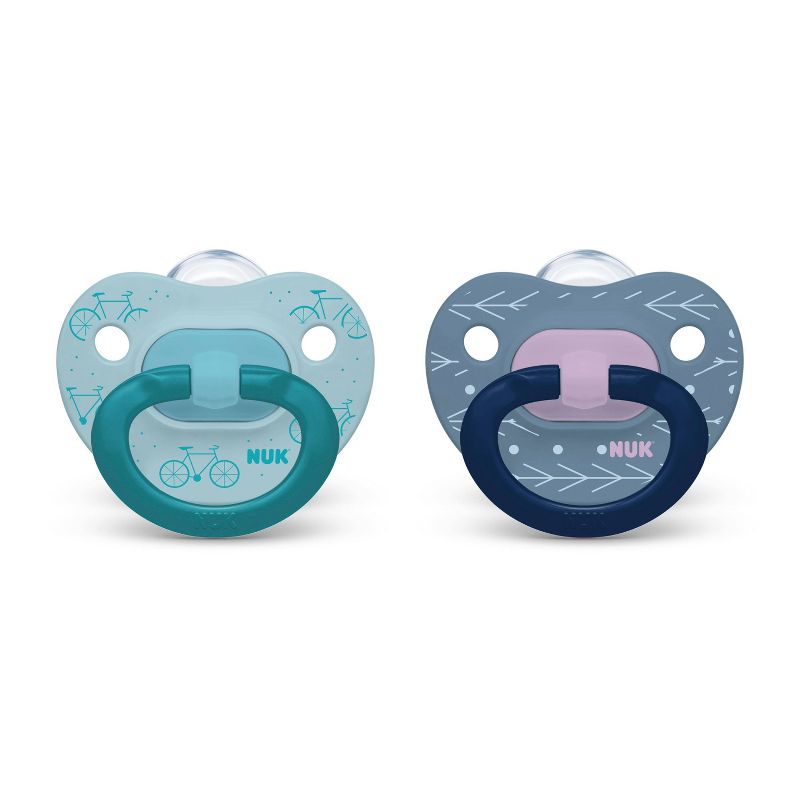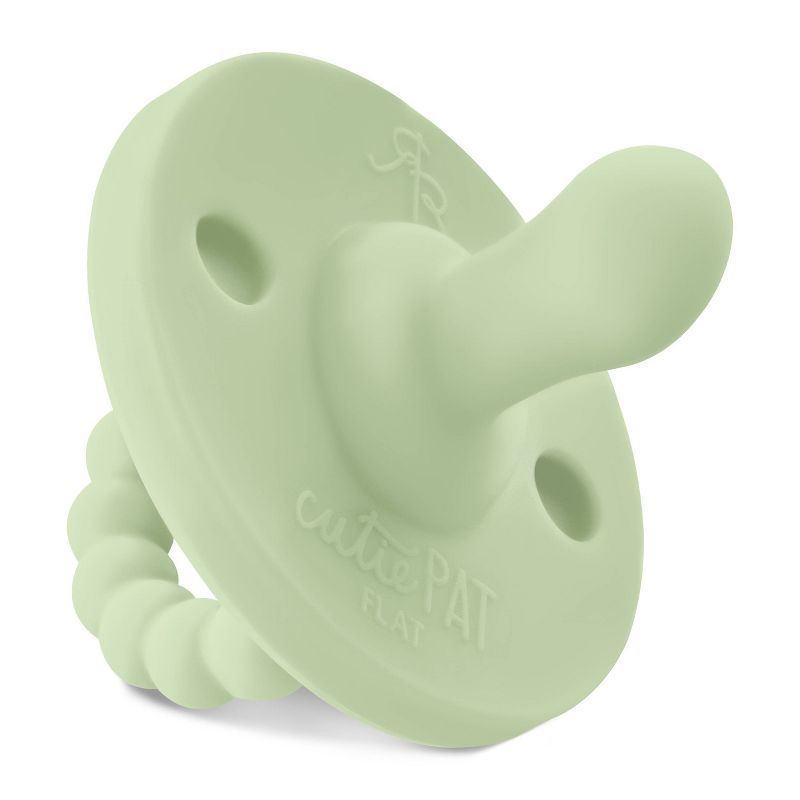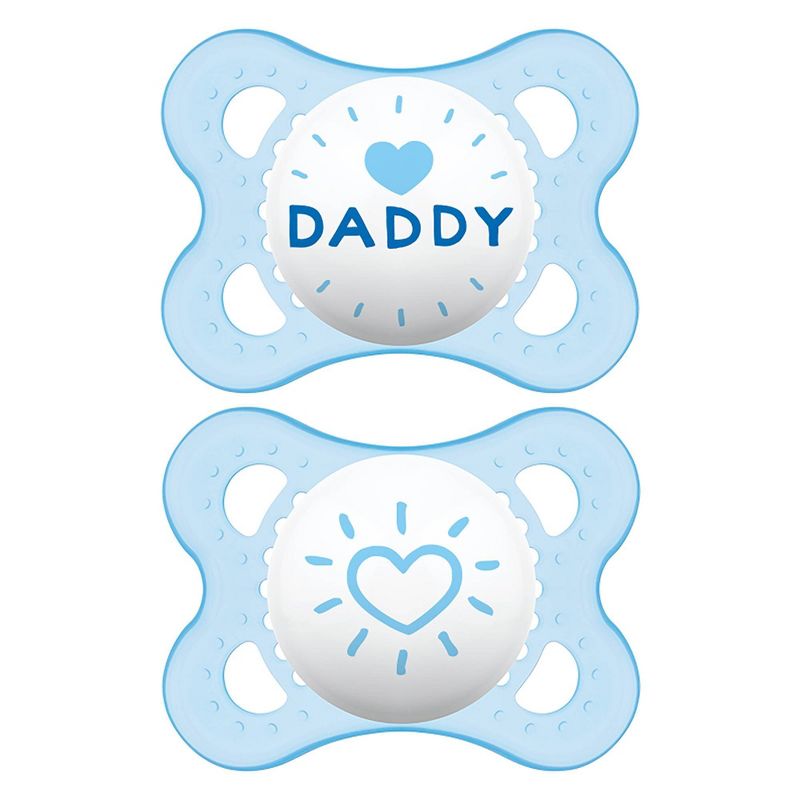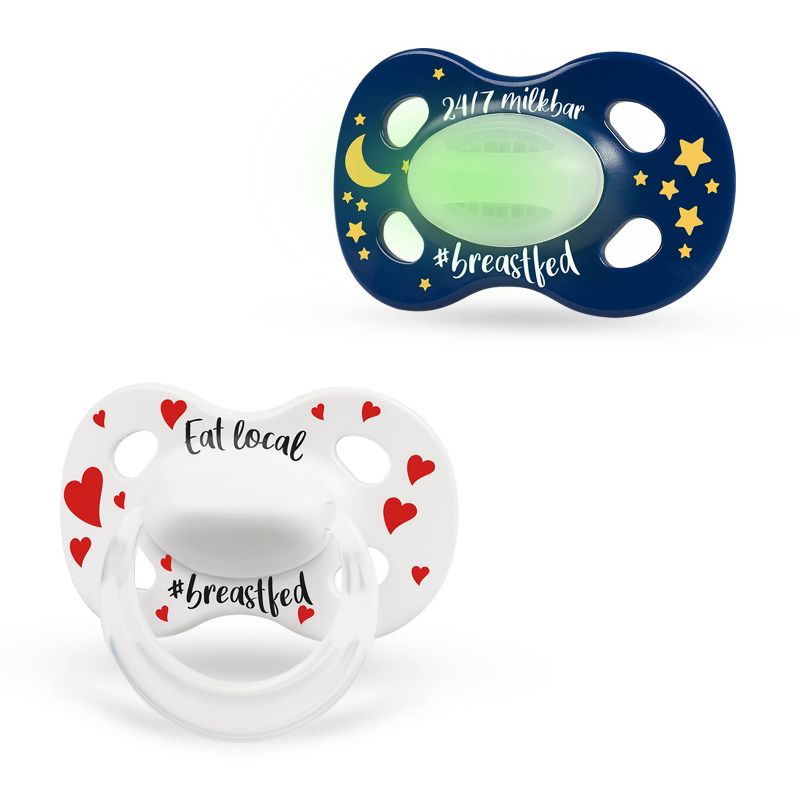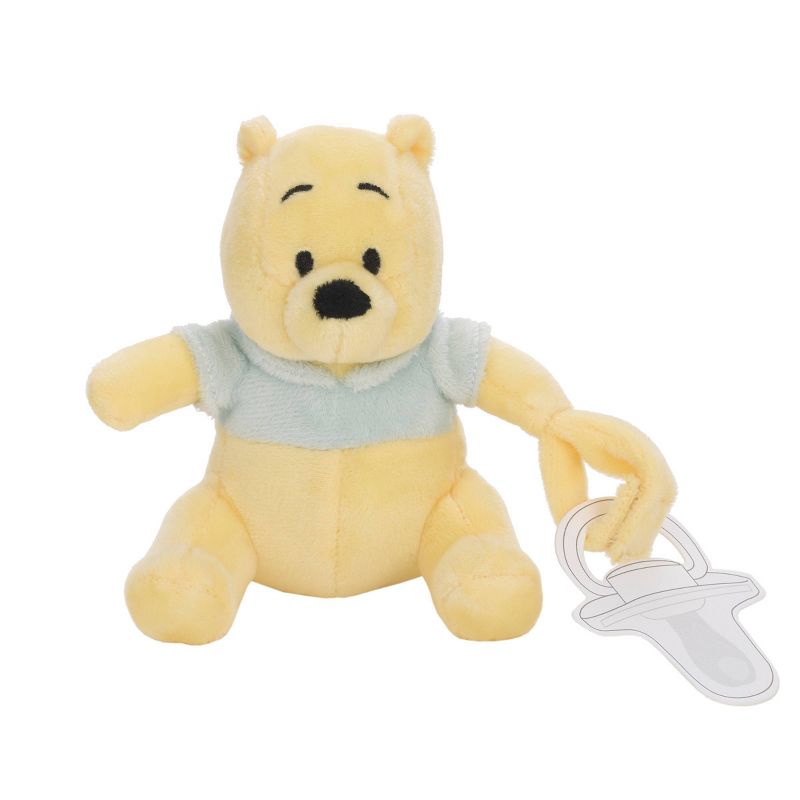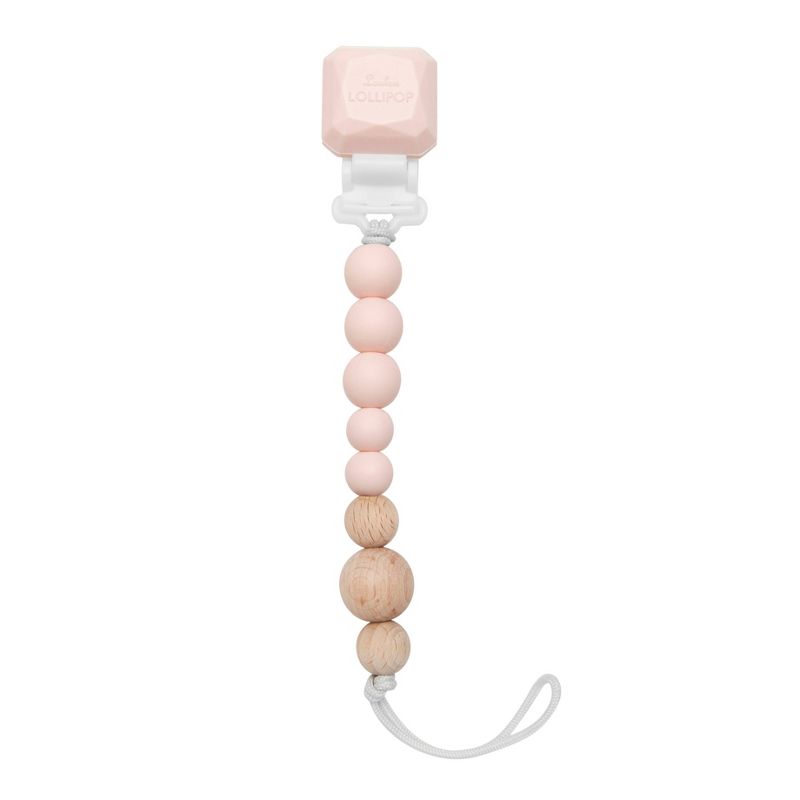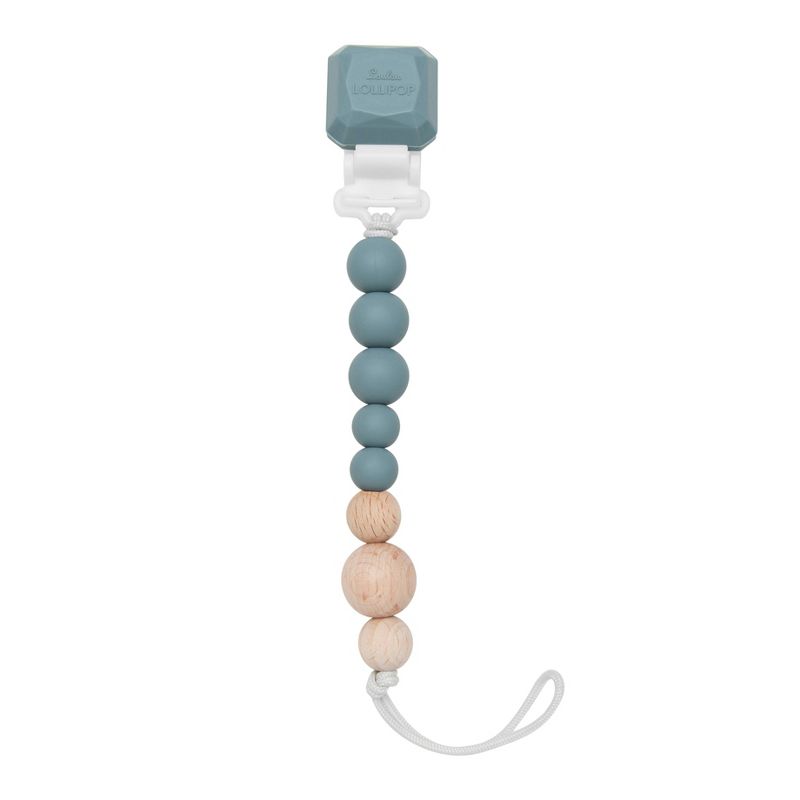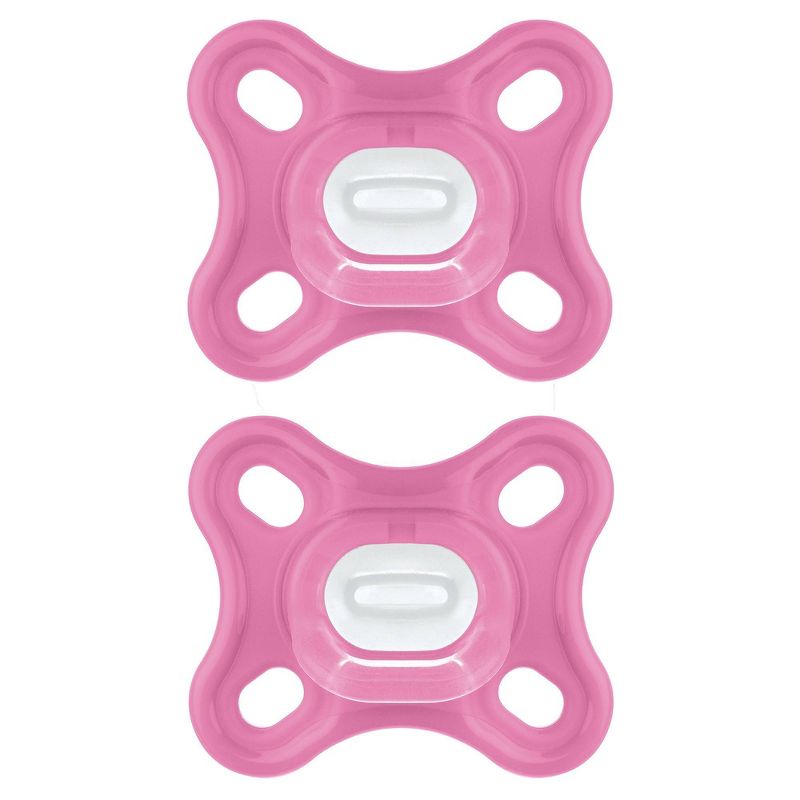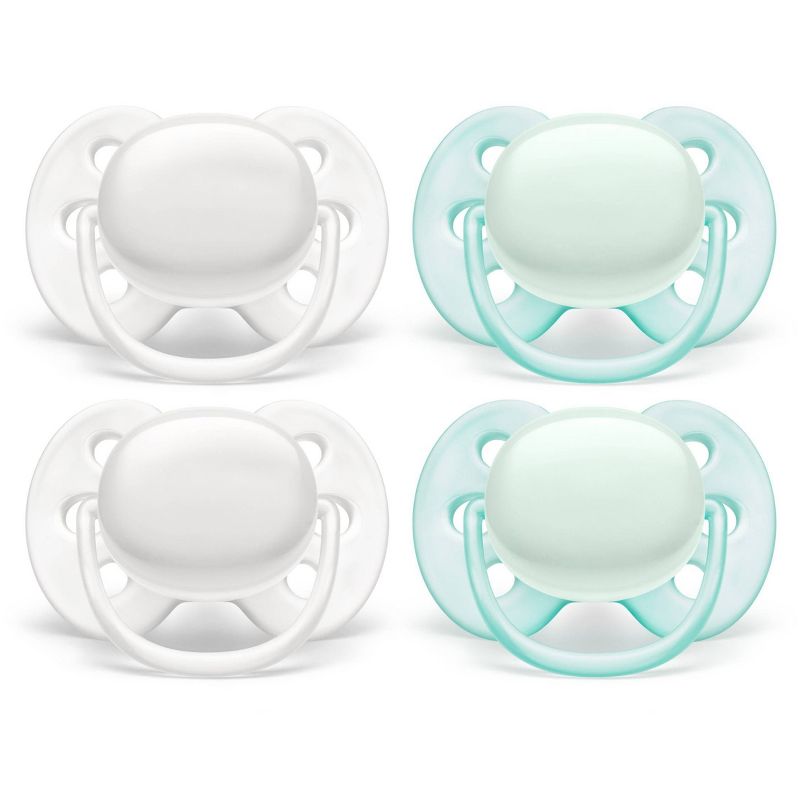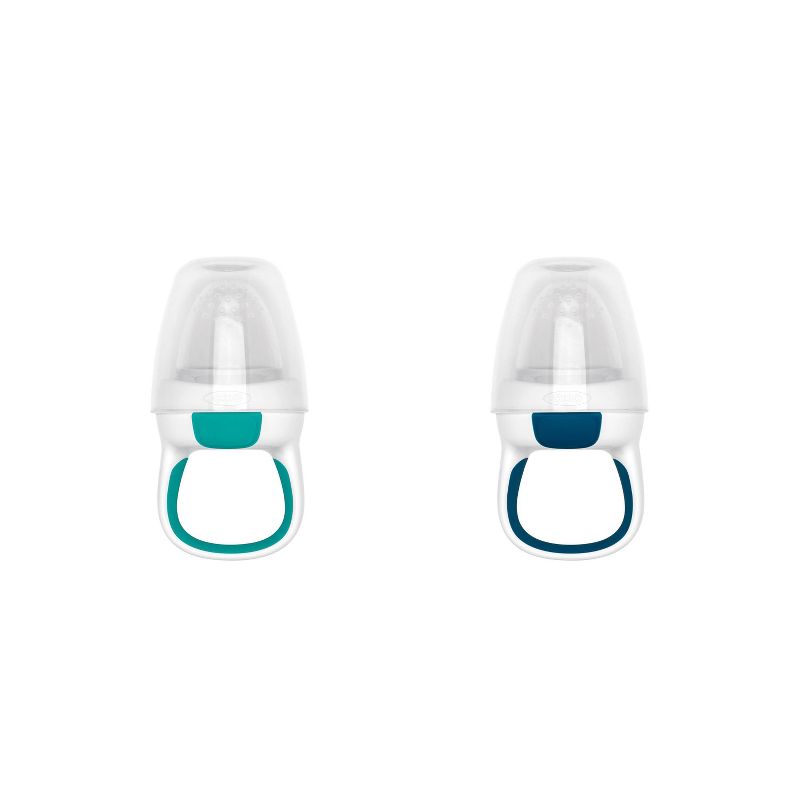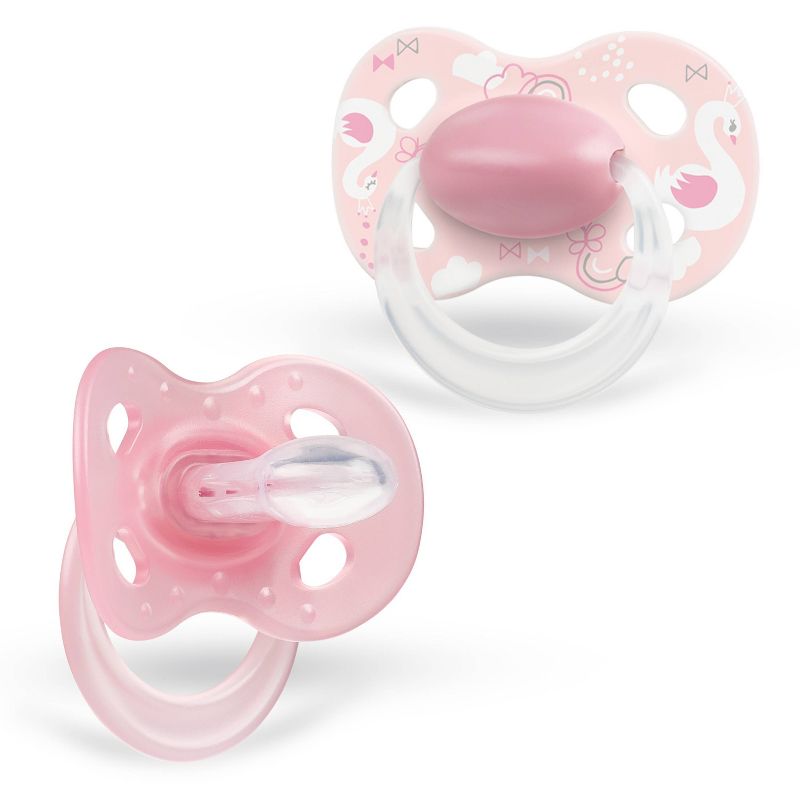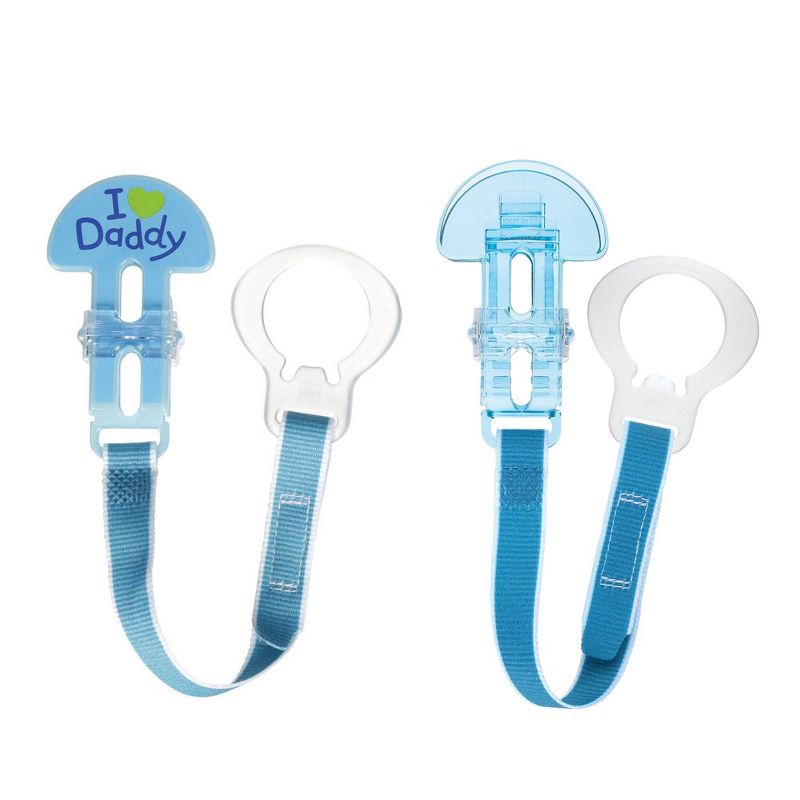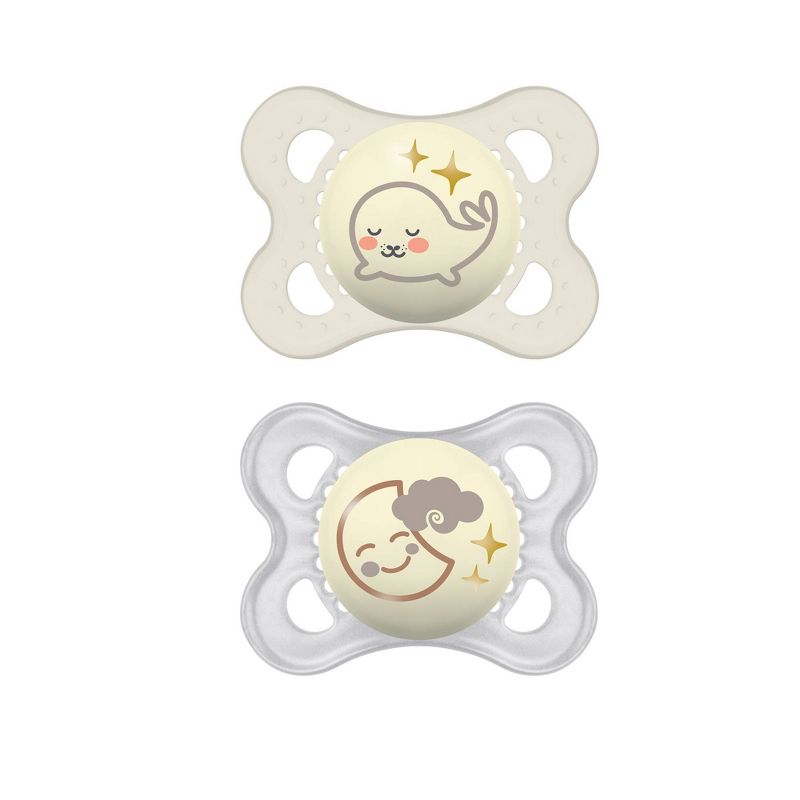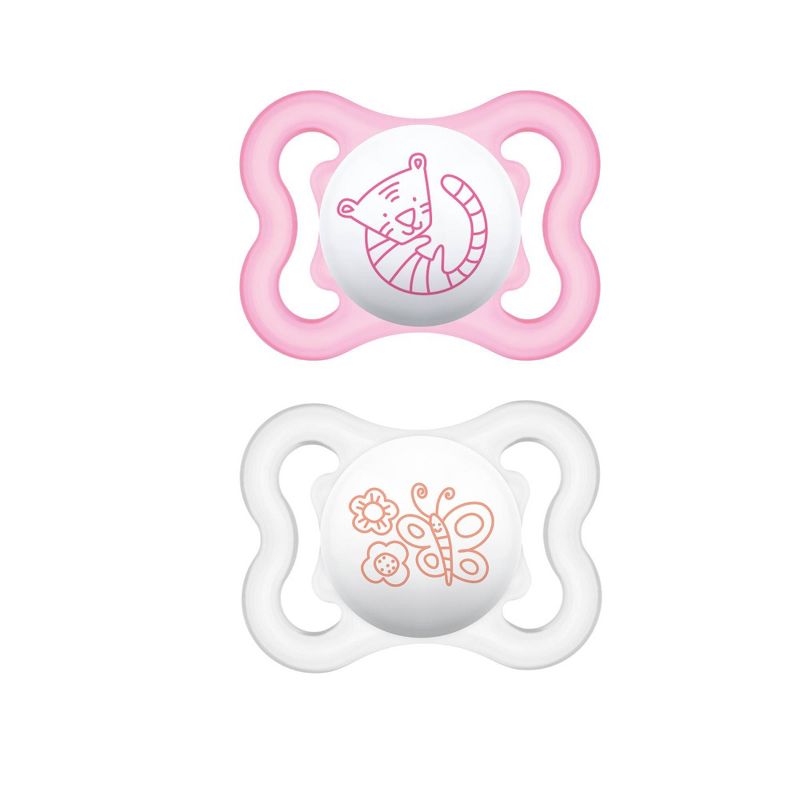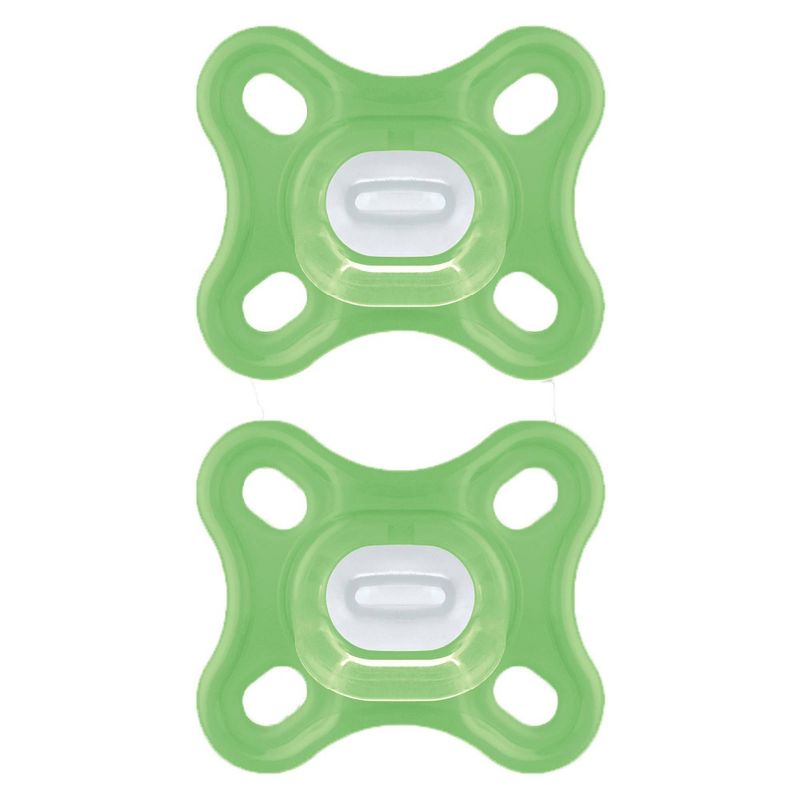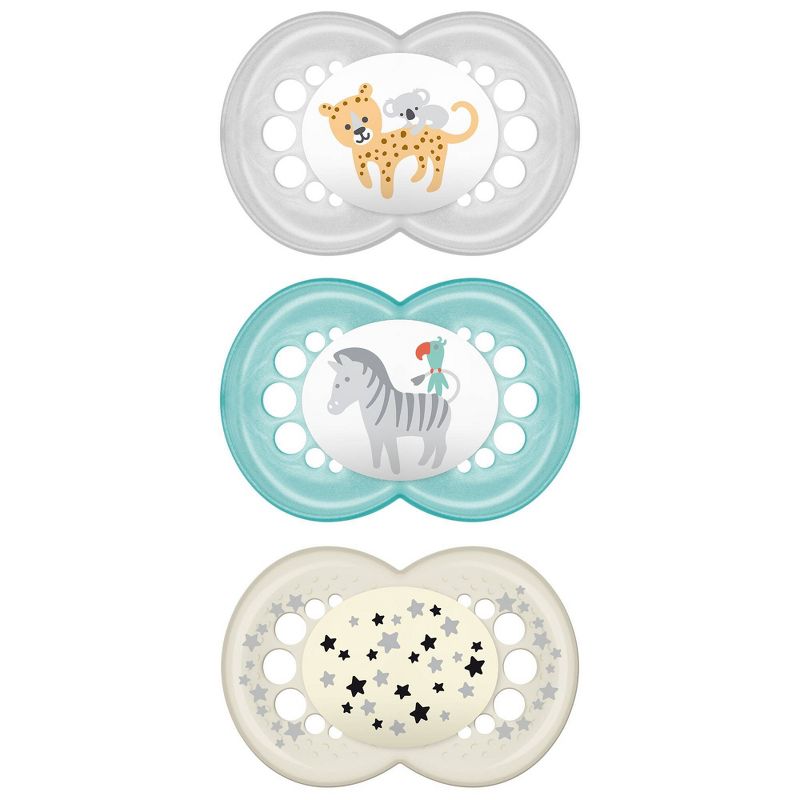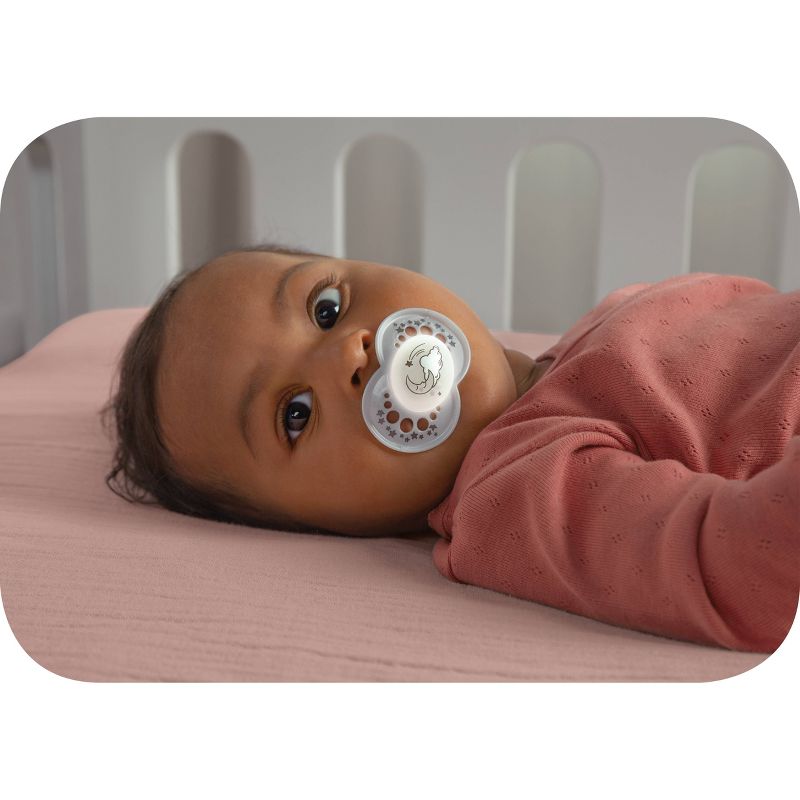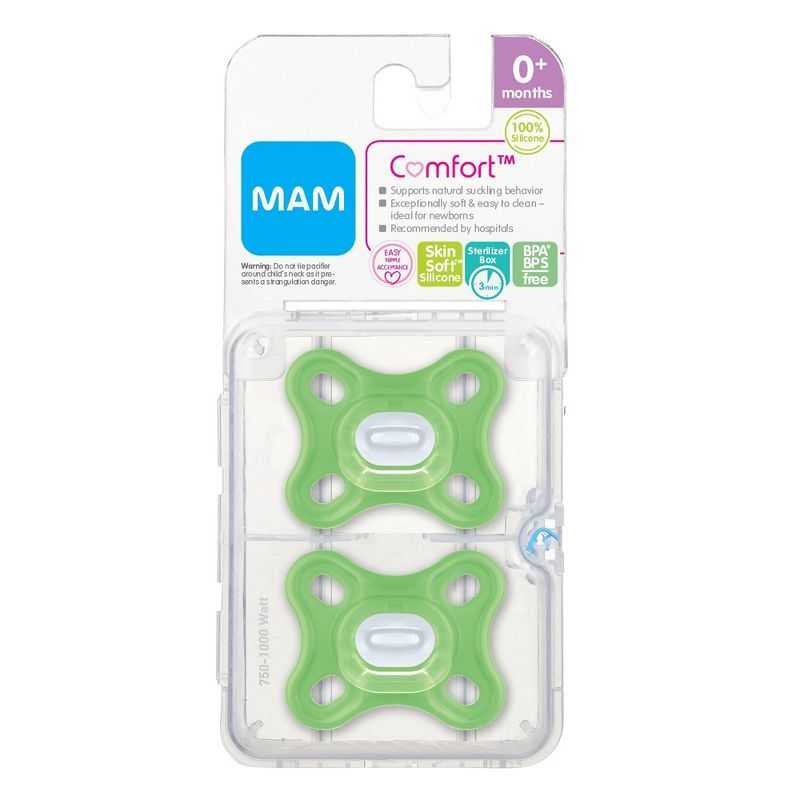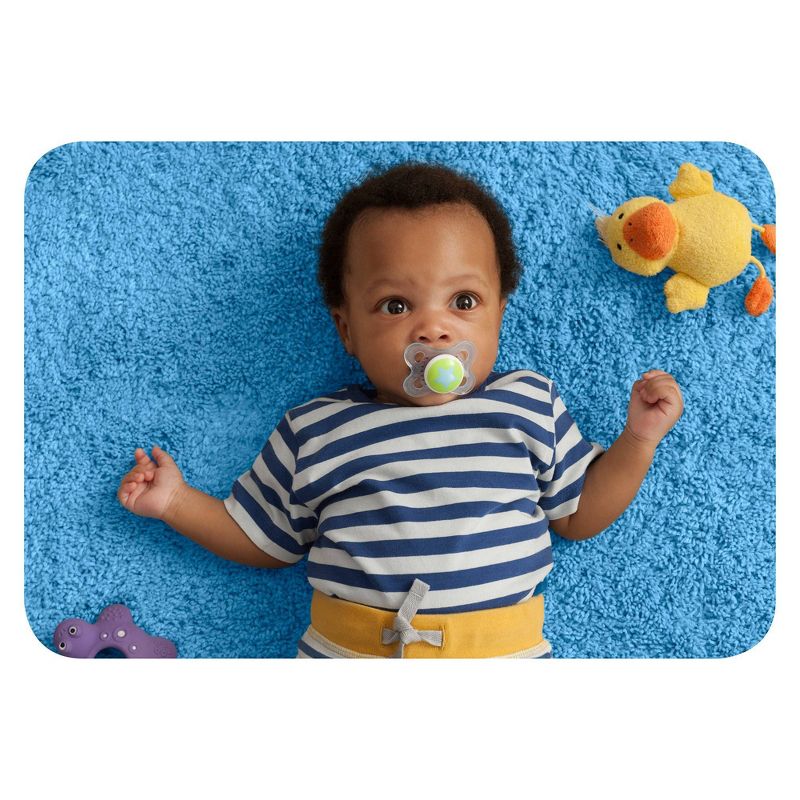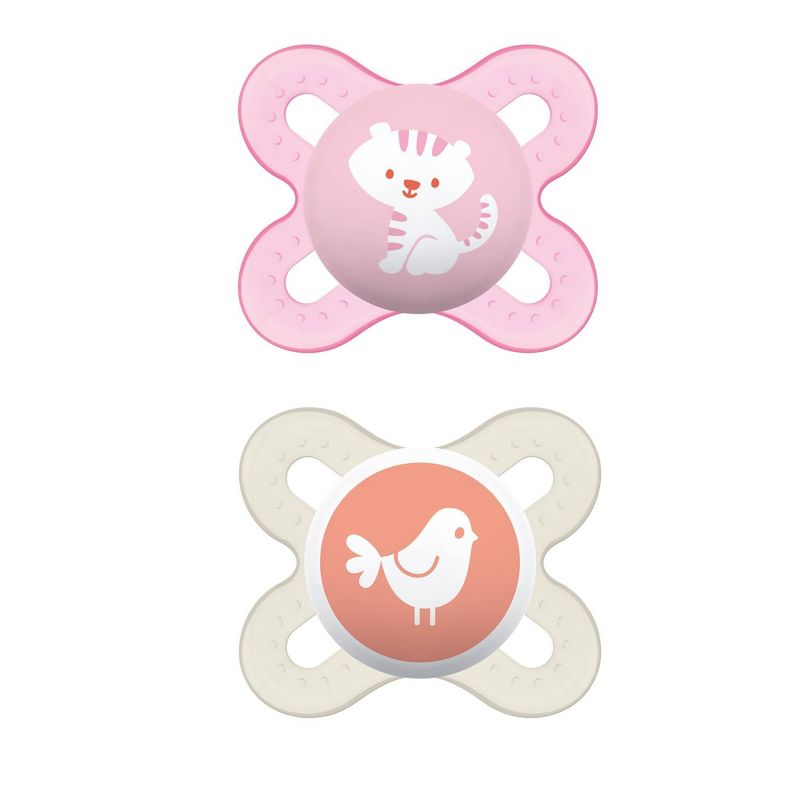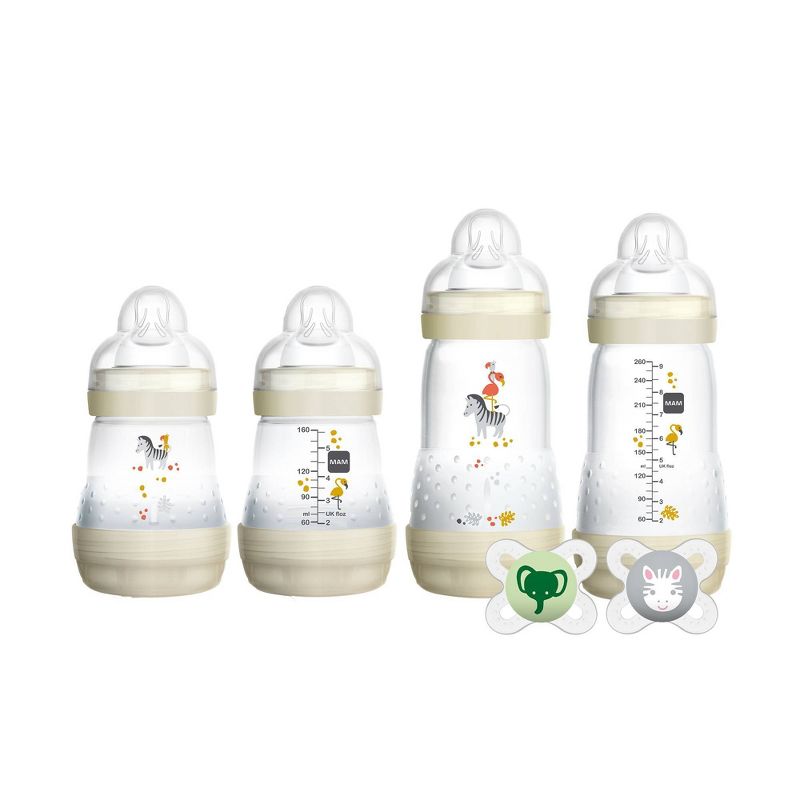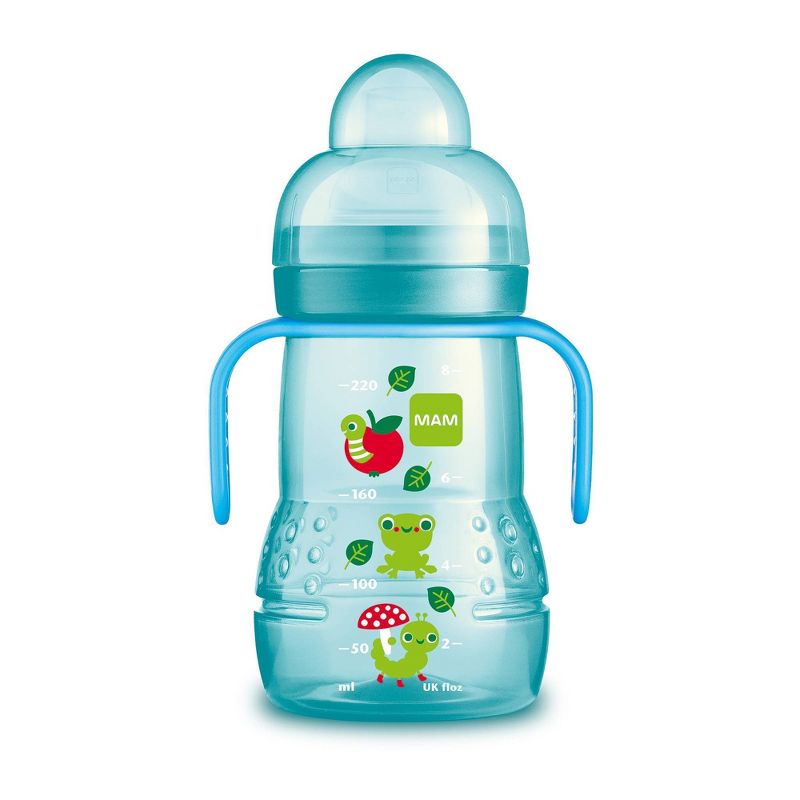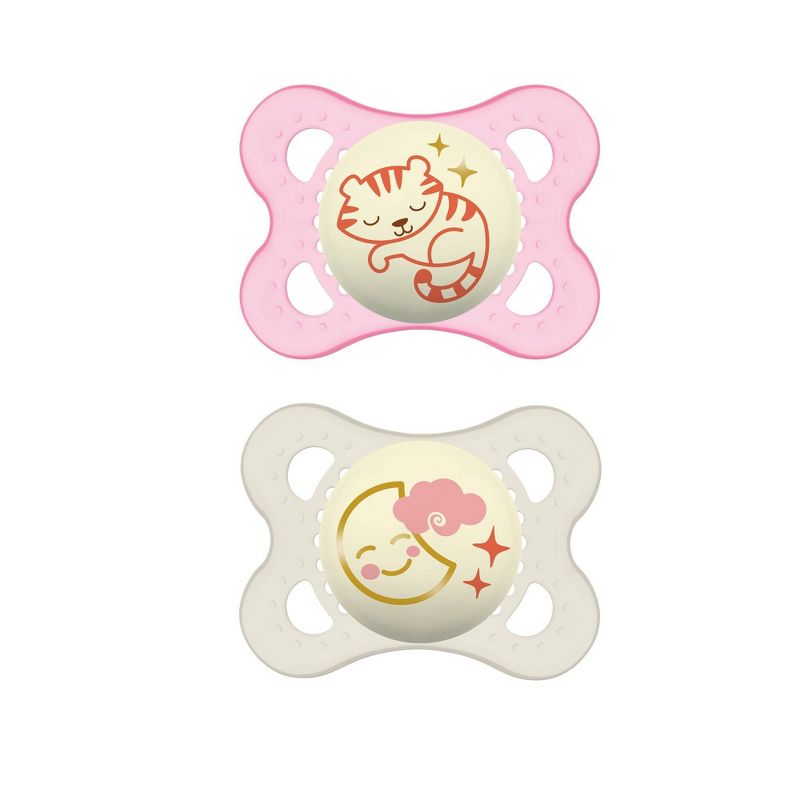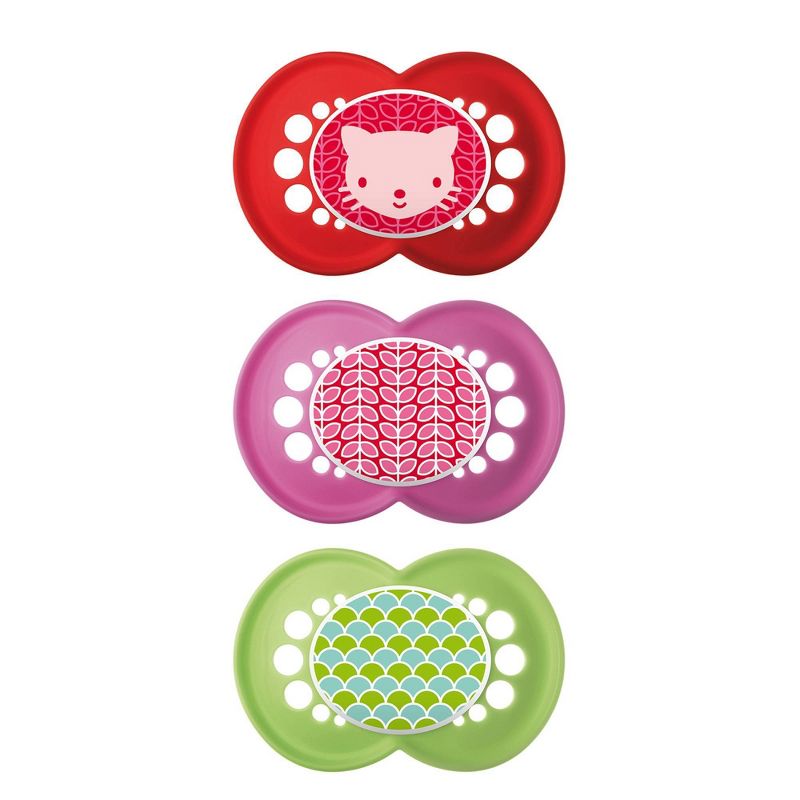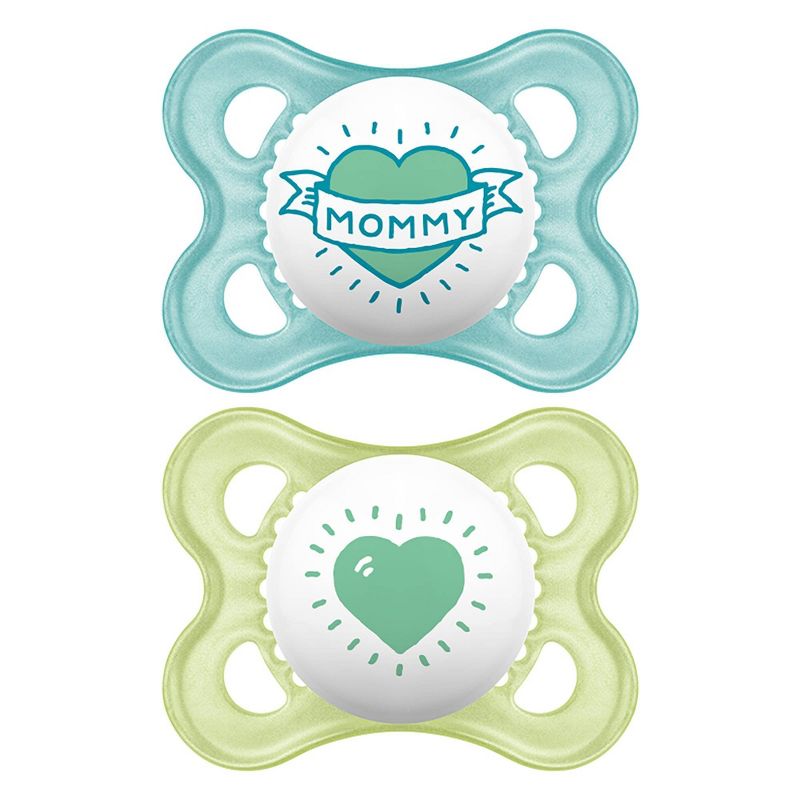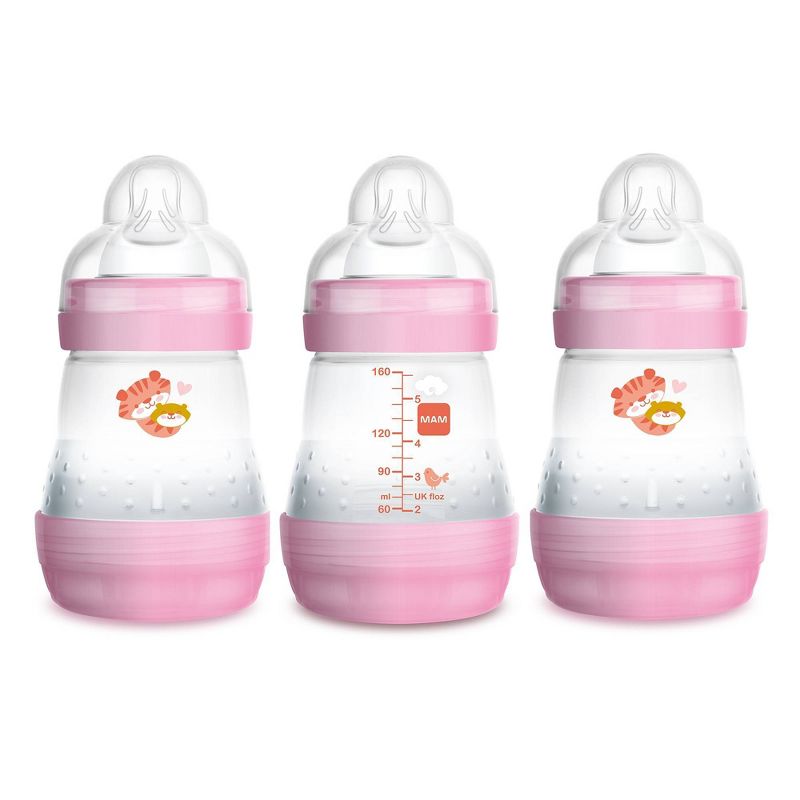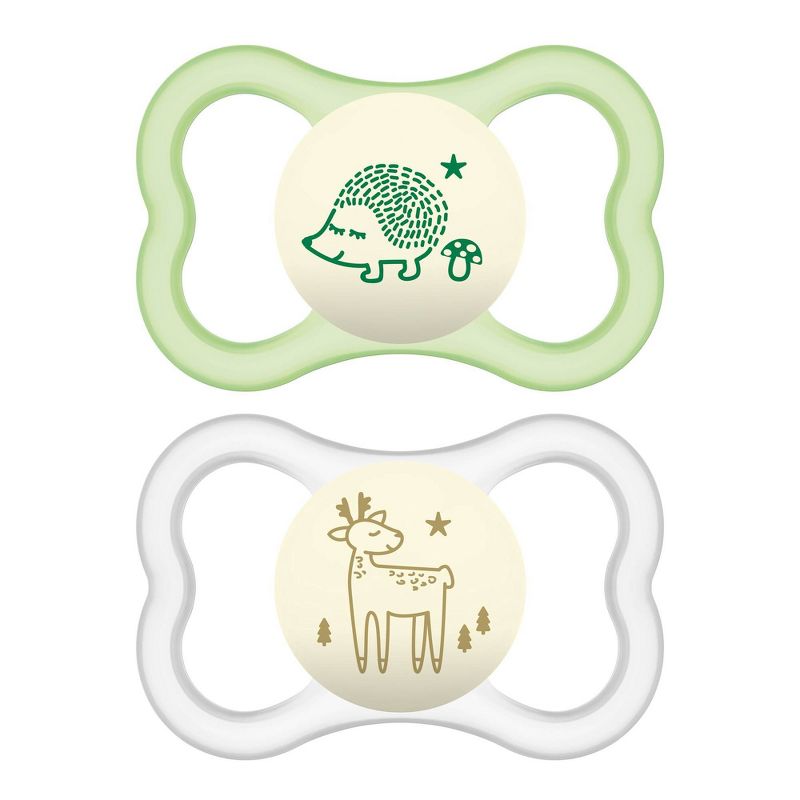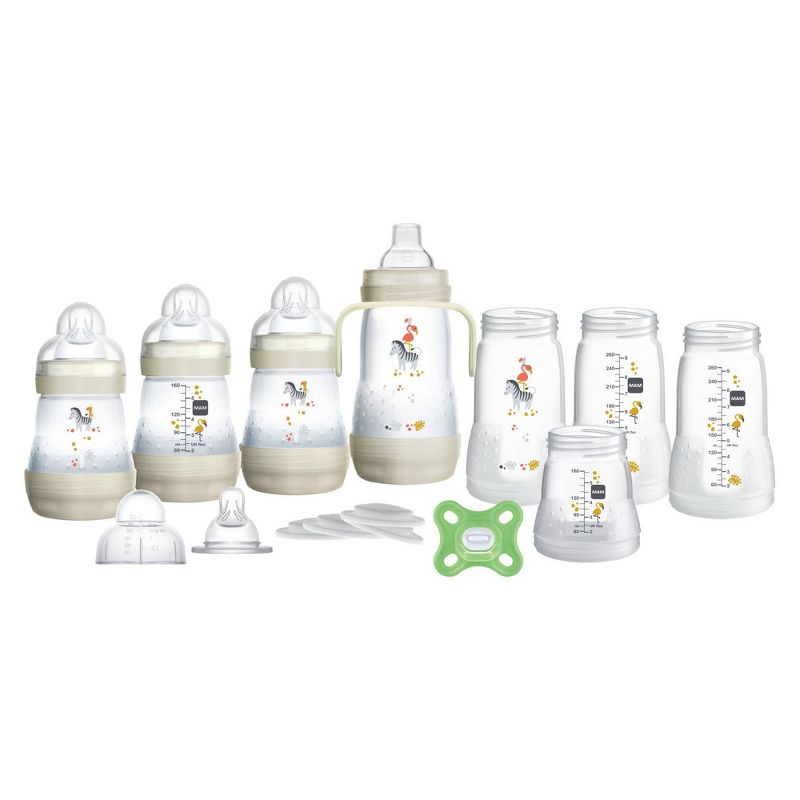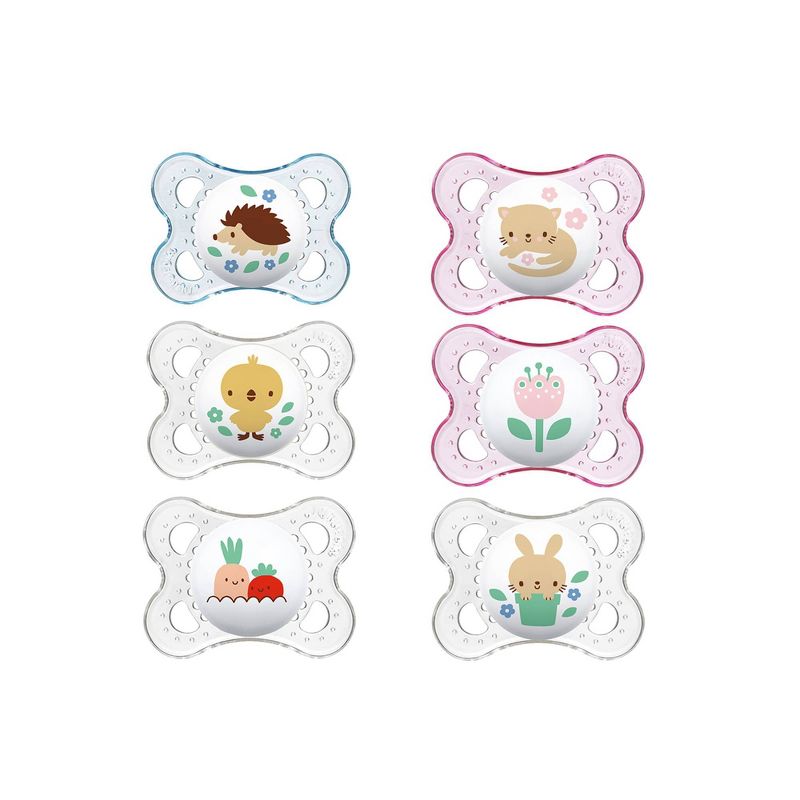Trusted shipping
Easy returns
Secure shopping
- Clothing, Shoes, Jewelry & Watches
- Home, Garden, Outdoor & Pets
- Electronics
- Audio, Video & Portable Devices
- Cables
- Adapters & Gender Changers
- Headsets, Speakers & Soundcards
- Power Protection
- 3D Printing
- Video Cards & Video Devices
- Tools & Components
- Sound Cards
- Alternative Energy
- Barebone / Mini Computers
- SSDs
- Accessories
- Mobile Accessories
- Storage Devices
- Personal Care
- Healthcare
- Home Theatre Systems
- Laptops, Computers & Office
- Speakers & Audio Systems
- Tech Services & Support
- Projectors, TVs & Home Theater
- Wi-Fi & Networking
- Cell Phones
- Electronics Deals
- Headphones
- Tablets & E-Readers
- Digital Cameras
- Home Phones
- Tech Accessories
- Electronics Sanitizing & Cleaning Supplies
- Smart Home
- Batteries, Power Banks & Chargers
- Wearable Technology
- GPS & Navigation
- Movies, Music, Books & Games
- Luggage
- Bible Covers
- Briefcases
- Camo
- Coolers
- Toiletry Bags
- Tote Bags
- Backpacks
- Carry-on Luggage
- Checked Luggage
- Lunch Bags
- Travel Accessories
- Luggage Deals
- Laptop Bags & Briefcases
- Kids' Luggage
- Duffels & Gym Bags
- Suitcases
- RFID Blocking Luggage & Travel Accessories
- Luggage Sets
- Mens' Luggage
- Handbags
- Accessories
- Outdoor
- Beauty Luggage
- Travel Totes
- Garment Bags
- Weekenders
- Messenger Bags
- Beauty & Health
- Category List
- Clothing, Shoes, Jewelry & Watches
- Home, Garden, Outdoor & Pets
- Electronics
- Audio, Video & Portable Devices
- Cables
- Adapters & Gender Changers
- Headsets, Speakers & Soundcards
- Power Protection
- 3D Printing
- Video Cards & Video Devices
- Tools & Components
- Sound Cards
- Alternative Energy
- Barebone / Mini Computers
- SSDs
- Accessories
- Mobile Accessories
- Storage Devices
- Personal Care
- Healthcare
- Home Theatre Systems
- Laptops, Computers & Office
- Speakers & Audio Systems
- Tech Services & Support
- Projectors, TVs & Home Theater
- Wi-Fi & Networking
- Cell Phones
- Electronics Deals
- Headphones
- Tablets & E-Readers
- Digital Cameras
- Home Phones
- Tech Accessories
- Electronics Sanitizing & Cleaning Supplies
- Smart Home
- Batteries, Power Banks & Chargers
- Wearable Technology
- GPS & Navigation
- Movies, Music, Books & Games
- Luggage
- Bible Covers
- Briefcases
- Camo
- Coolers
- Toiletry Bags
- Tote Bags
- Backpacks
- Carry-on Luggage
- Checked Luggage
- Lunch Bags
- Travel Accessories
- Luggage Deals
- Laptop Bags & Briefcases
- Kids' Luggage
- Duffels & Gym Bags
- Suitcases
- RFID Blocking Luggage & Travel Accessories
- Luggage Sets
- Mens' Luggage
- Handbags
- Accessories
- Outdoor
- Beauty Luggage
- Travel Totes
- Garment Bags
- Weekenders
- Messenger Bags
- Beauty & Health
- Baby & Toys
- Sports & Outdoors
- School & Office Supplies
- Breakroom & Janitorial Supplies
- Diaries
- Utility & Stationary
- Pens & Pencils
- Teacher Supplies & Classroom Decorations
- Paper
- Markers
- Binders
- School Supplies
- Packing & Mailing Supplies
- Tape, Adhesives & Fasteners
- Boards & Easels
- Crayons
- Desk Organization
- Pencils
- Filing & Organizers
- Journals
- Pens
- Labels & Label Makers
- Tools & Equipment
- Calendars
- Sticky Notes
- Notebooks
- Erasers & Correction Tape
- Pencil Cases
- Planners
- Retail Store Supplies
- Highlighters
- Locker Accessories
- Cute School Supplies
- School & Office Accessories
- Food & Grocery
- Shops All
- Unique-Bargains
- Cool cold
- Wesdar
- i-Star
- CoCoCo
- Targus
- Cooling Device Accessories
- Xtrike Me
- Tech/Gaming
- Gift Cards
- Women's Accessories
- Flash
- Men's Clothing
- Gift Ideas
- Brand Experiences
- Sale on Select School & Art Supplies
- Jewelry
- Featured Brands
- Nursing Items
- Storage
- Men's Shoes
- College
- School & Office Supplies
- Bullseye's Playground
- PRIDE
- Women's and Men's Shoes & Accessories
- Holiday Trees, Lights & More Sale
- Women's Dresses
- Gingerbread
- Caregiver Essentials
- Baby Bath
- select School Supplies
- Doorbusters
- Bedding & Bath
- Women's Sandals
- Sandals for the Family
- Men's Accessories
- Shops All
- One-day Easter sale
- select Health Items
- Friendsgiving
- Women's Tops, Shorts & Shoes
- Made By Design Organization
- Baby Mealtime
- For New & Expecting Parents
- Crayola Kids' Daily Deal
- Spritz Party Supplies
- Wellness Icon Glossary
- Our Generation Dolls & Accessories Kids' Daily Deal
- select Home items
- Mas Que
- Baby Apparel
- Children's Board Books Kids' Daily Deal
- Select Office Furniture
- Most-added Wedding Registry Items
Buy MAM Air Pacifier 6+ Months - Green/Blue 2pk in United States - Cartnear.com
MAM Air Pacifier 6+ Months - Green/Blue 2pk
CTNR313442 0845296022547 CTNR313442MAM
2027-02-23
/itm/mam-air-pacifier-6-months-greenblue-2pk-313442
USD
5.76
$ 6 $ 6 1% Off
Item Added to Cart
customer
*Product availability is subject to suppliers inventory
SHIPPING ALL OVER UNITED STATES
100% MONEY BACK GUARANTEE
EASY 30 DAYSRETURNS & REFUNDS
24/7 CUSTOMER SUPPORT
TRUSTED AND SAFE WEBSITE
100% SECURE CHECKOUT
Dimensions (Overall): 5.71 Inches (H) x 2.72 Inches (W) x 1.85 Inches (D)
Weight: .1 Pounds
Suggested Age: 6 Months and Up
Includes: Pacifiers
Safety and Security Features: Phthalate-Free, BPA-Free
Package Quantity: 2
Industry or Government Certifications: Meets CPSC Standards, Meets CPSIA Standards, JPMA Certified, Endorsed by First Candle/SIDS Alliance, EN 1400 Certified
Material: Silicone
Care & Cleaning: Boil to Sterilize, Dishwasher-Safe Top Rack Only
•Perfect for babies with sensitive skin
•Symmetrical orthodontic nipple is always right-side up
•BPA free SkinSoft silicone nipple
•Comes with a self-sterilizing carrying case
Just because your baby's skin needs a bit of extra love and care shouldn't mean that he has to forego the soothing comfort of a pacifier. The MAM Air Collection has a shield that is specially designed for babies with sensitive skin. The extra wide air holes allow plenty of circulation around your baby's mouth and even allow you to peek at their little smile. All MAM pacifiers feature our trademarked SkinSoft silicone nipples that feel like mom and help babies transition from breast to pacifier. In fact, Market Research showed that MAM nipples are easily accepted by babies of all ages, with 94% nipple acceptance among babies tested.* The textured nipple stays easily in baby's mouth and is just the right size for your baby older than 6 months so their growing teeth, palate, and jaw will be safe. Additionally, the symmetrical orthodontic nipple shape means you won't have to worry about uneven pressure or fussing to turn the pacifier "right side up". Sterilize baby’s MAM pacifier in the microwave using the convenient MAM self-sterilizing case. Microwave disinfection is proven effective in killing common household germs and bacteria. Pacifiers kept in the closed box will remain disinfected for up to 48 hours: Fill pacifier case with water. Place pacifier in the pacifier case with the nipple facing down. Follow Pacifier package instructions for microwave setting. Cool completely before use. *Market research 2010–2018, tested with 1,383 babies.
Weight: .1 Pounds
Suggested Age: 6 Months and Up
Includes: Pacifiers
Safety and Security Features: Phthalate-Free, BPA-Free
Package Quantity: 2
Industry or Government Certifications: Meets CPSC Standards, Meets CPSIA Standards, JPMA Certified, Endorsed by First Candle/SIDS Alliance, EN 1400 Certified
Material: Silicone
Care & Cleaning: Boil to Sterilize, Dishwasher-Safe Top Rack Only
•Perfect for babies with sensitive skin
•Symmetrical orthodontic nipple is always right-side up
•BPA free SkinSoft silicone nipple
•Comes with a self-sterilizing carrying case
Just because your baby's skin needs a bit of extra love and care shouldn't mean that he has to forego the soothing comfort of a pacifier. The MAM Air Collection has a shield that is specially designed for babies with sensitive skin. The extra wide air holes allow plenty of circulation around your baby's mouth and even allow you to peek at their little smile. All MAM pacifiers feature our trademarked SkinSoft silicone nipples that feel like mom and help babies transition from breast to pacifier. In fact, Market Research showed that MAM nipples are easily accepted by babies of all ages, with 94% nipple acceptance among babies tested.* The textured nipple stays easily in baby's mouth and is just the right size for your baby older than 6 months so their growing teeth, palate, and jaw will be safe. Additionally, the symmetrical orthodontic nipple shape means you won't have to worry about uneven pressure or fussing to turn the pacifier "right side up". Sterilize baby’s MAM pacifier in the microwave using the convenient MAM self-sterilizing case. Microwave disinfection is proven effective in killing common household germs and bacteria. Pacifiers kept in the closed box will remain disinfected for up to 48 hours: Fill pacifier case with water. Place pacifier in the pacifier case with the nipple facing down. Follow Pacifier package instructions for microwave setting. Cool completely before use. *Market research 2010–2018, tested with 1,383 babies.

